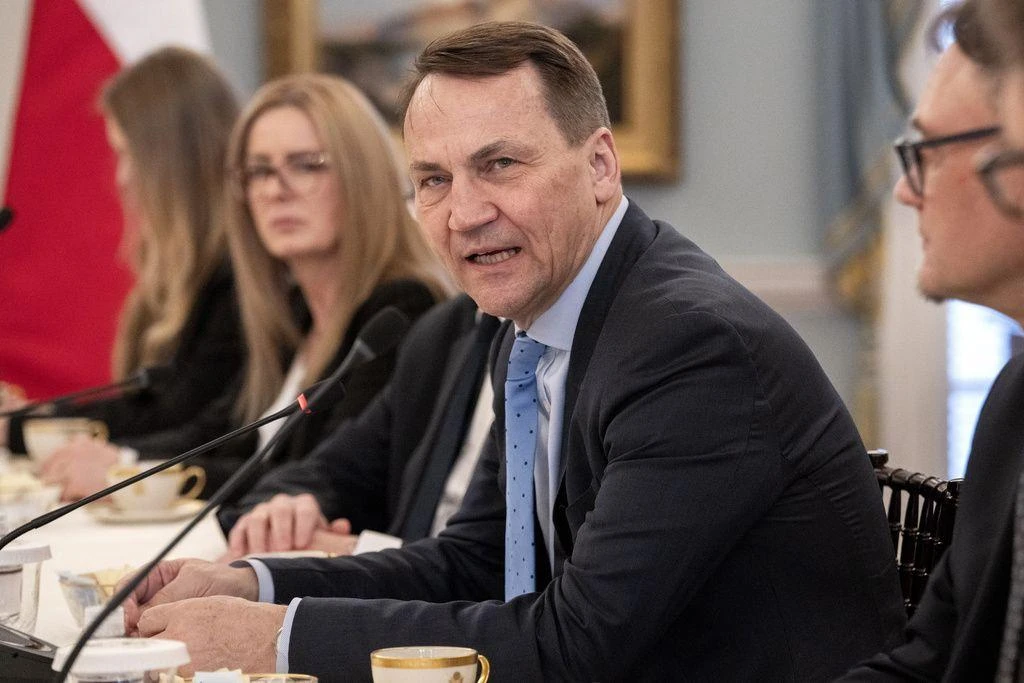Poland considers NATO presence in Ukraine

Poland’s Foreign Minister, expresses appreciation for French President’s openness to the deployment of NATO forces to Ukraine
Poland’s Foreign Minister, Radek Sikorski, has suggested that the deployment of NATO forces to Ukraine is not out of the realm of possibility, expressing appreciation for French President Emmanuel Macron’s openness to the idea. Sikorski’s remarks came during a discussion commemorating the 25th anniversary of Poland’s accession to NATO in the Polish parliament last Friday. The sentiment was later echoed in English via the Foreign Ministry’s official Twitter account.
The statement reflects a broader European discourse grappling with how to support Ukraine as Russia makes significant advances on the battlefield and Kyiv faces a dwindling supply of ammunition. With the U.S. Congress withholding crucial aid that Ukraine urgently requires to fend off Russian forces, pressure mounts on European nations to formulate a cohesive response to the conflict that has disrupted peace across the continent.
Macron’s recent acknowledgment that the deployment of Western troops to Ukraine cannot be ruled out marked a departure from conventional diplomatic rhetoric among allies and sparked controversy among European leaders. While French officials sought to clarify Macron’s stance and mitigate backlash, they emphasized the importance of sending a clear message to Russia that victory in Ukraine is unattainable.
The Kremlin has issued warnings that the deployment of NATO combat troops would inevitably lead to direct conflict with Russia, with President Vladimir Putin cautioning that such actions could escalate into a global nuclear confrontation.
Poland’s initial stance, as articulated by Prime Minister Donald Tusk, was to reject the notion of sending troops to Ukraine. However, Sikorski’s recent remarks indicate a shift in perspective. “The presence of #NATO forces in Ukraine is not unthinkable,” Sikorski stated, aligning with Macron’s stance and emphasizing the need to assert dominance over Putin rather than succumbing to fear.
Phillips O’Brien, a professor of strategic studies at the University of St. Andrews, Scotland, views Sikorski’s statement as part of a broader trend toward embracing Macron’s position. O’Brien asserts that the prospect of European forces aiding Ukraine was always plausible, particularly in light of the U.S. withdrawing aid. European nations now face a daunting choice between standing by as Ukraine faces ammunition shortages or intervening more directly to provide assistance.
In an effort to rally support for Ukraine, Polish President Andrzej Duda and Prime Minister Tusk are set to visit Washington for a meeting at the White House on Tuesday. Poland, situated on NATO’s eastern flank with Ukraine bordering its east, harbors concerns stemming from historical tensions with Russia. There are growing fears that if Russia emerges victorious in Ukraine, it may set its sights on neighboring countries perceived as within its sphere of influence, potentially reigniting regional conflicts.



